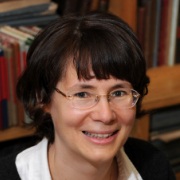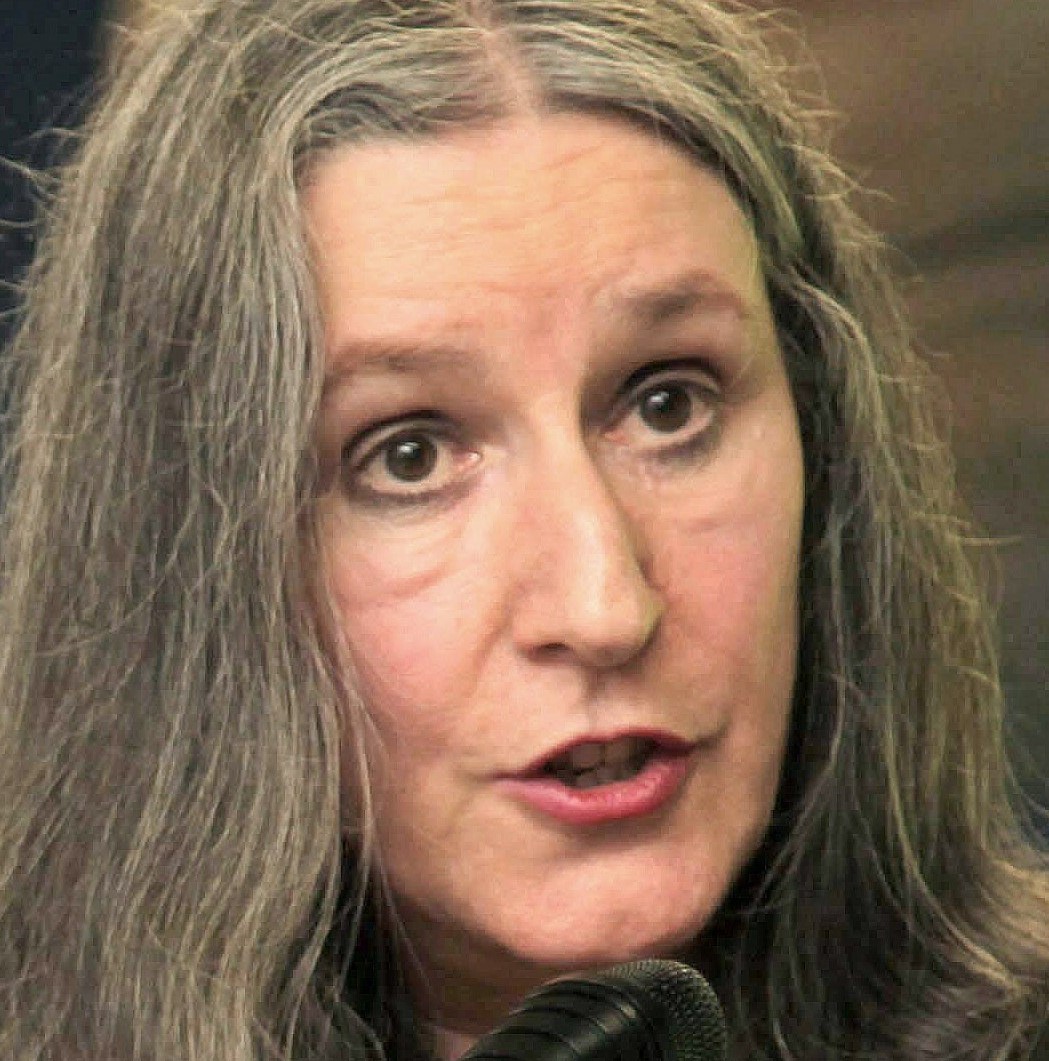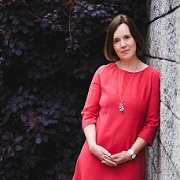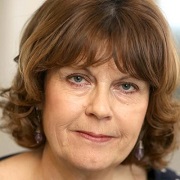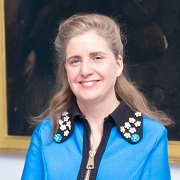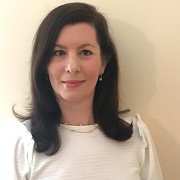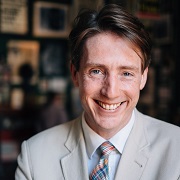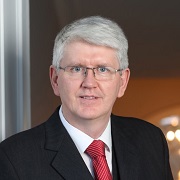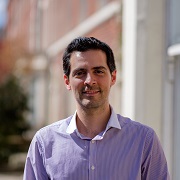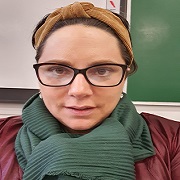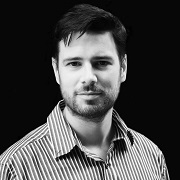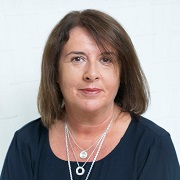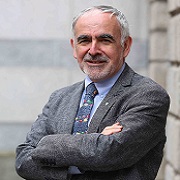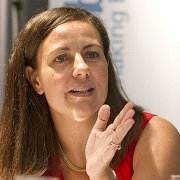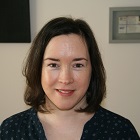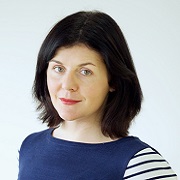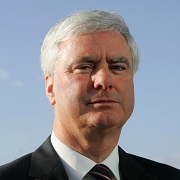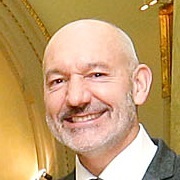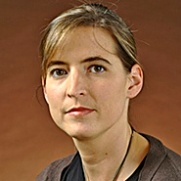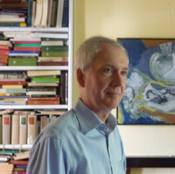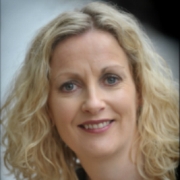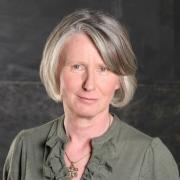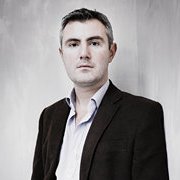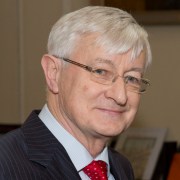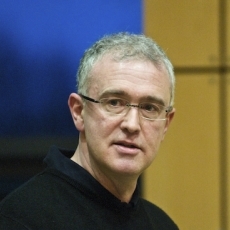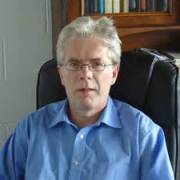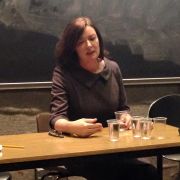I have worked now for almost 20 years at an Irish university. For me the Humanities are all about interacting with and paying attention to individuals, both in the classroom and in research. It is all about intercultural bridge building. At the core of my work is the teaching which I tremendously enjoy, and research work that to a large extent focuses on literature and on the many-faceted relations between Ireland and the German-speaking countries. In teaching culture, literature and language, there is always an aspect of questioning our own perspective and learning about others.
This fascination with all things Irish-German led to a research centre that I founded with my colleague Joachim Fischer. We have been fortunate to have been working together within the Centre for Irish-German Studies or for specific events and projects with colleagues from many disciplines and areas, not only from the Humanities but also Social Sciences and on occasion with engineers and scientists as well as business people and diplomats. Collaborative work is what academia is (or should be) about – a common pursuit of knowledge and understanding.
Because the Humanities are centred on individuals, one gets straight away into the idiosyncratic, the unique. The challenge is often to find the balance between researching particular events, people or books and then coming up from the particular to a cogent and justified analysis. A good example is a large research project that has kept me busy for quite a few years on German-speaking refugees who came to Ireland between 1933-45. This started from the general area of Irish-German Studies which led to John Hennig who was a pioneer. It turned out that John Hennig came to Ireland as a refugee from Nazi-Germany (his wife was Jewish) and this was the spark for a whole new area of research on German-speaking exiles in Ireland and the subsequent involvement with Exile Studies overall. The basis of what we are doing is the experiences of the individual exiles who have often been forgotten, such as Ludwig Hopf, Einstein’s first assistant, or linguist Ernst Lewy, who was Walter Benjamin’s teacher. Their stories are fascinating and often very moving – and lead to historical contextualisation, policy questions and migration studies.
While the exiles project has involved many collaborators, my work on Heinrich Böll, the Nobel Prize winning German author, is an example of more solitary work, which is as important in the Humanities. Böll’s writing has been the focus of many studies but I have concentrated on his relationship with Ireland and his unsurpassed influence on the German view of Ireland since the publication of his Irisches Tagebuch (1957). I analysed not only the book, the impact Ireland had on him and his literary oeuvre but also the background to the controversy which surrounded his subsequent film and the very diverse reactions to it – which again tell us something about the challenges of intercultural perceptions and the need to look at both, the individual and larger contexts.


